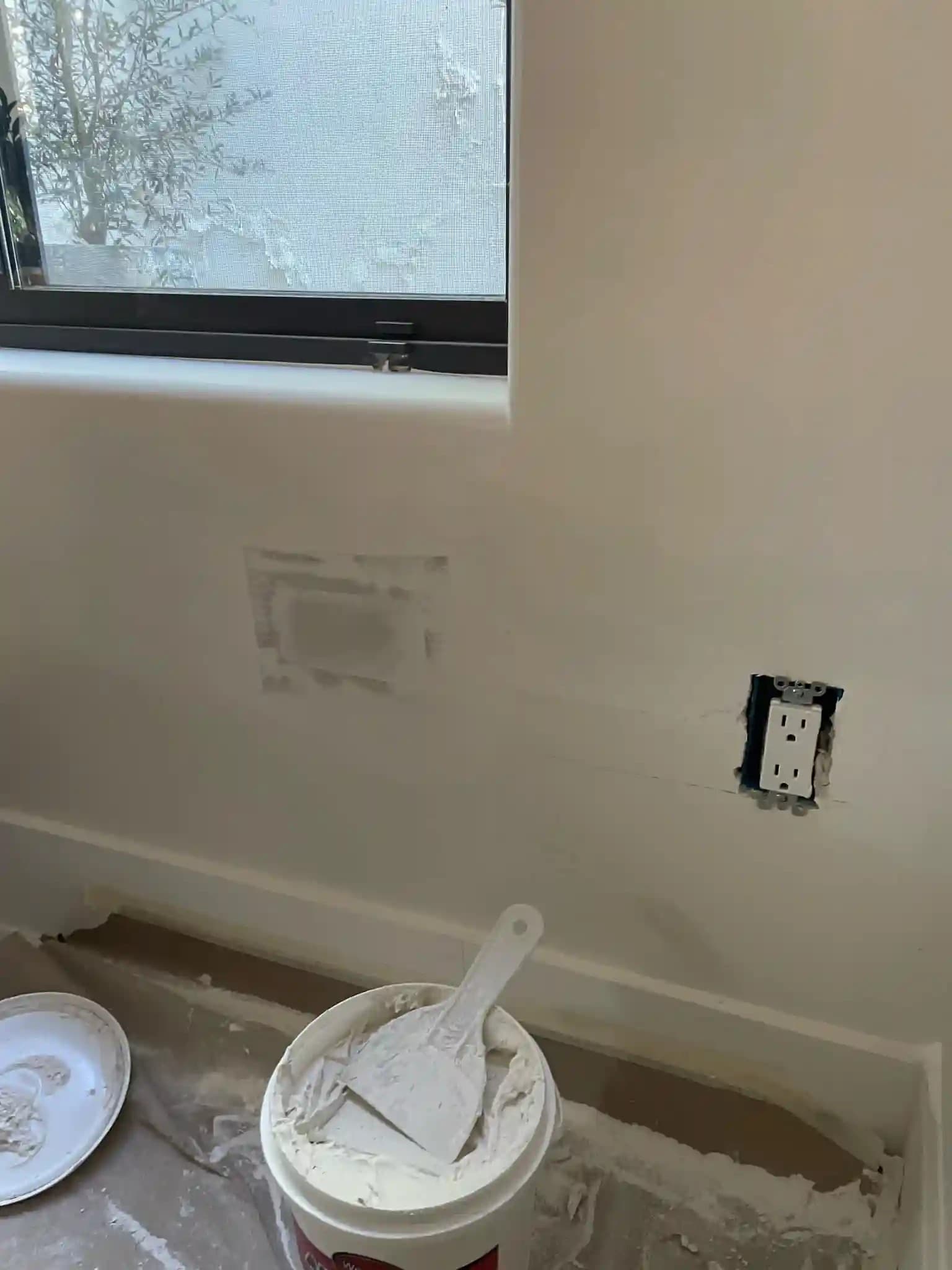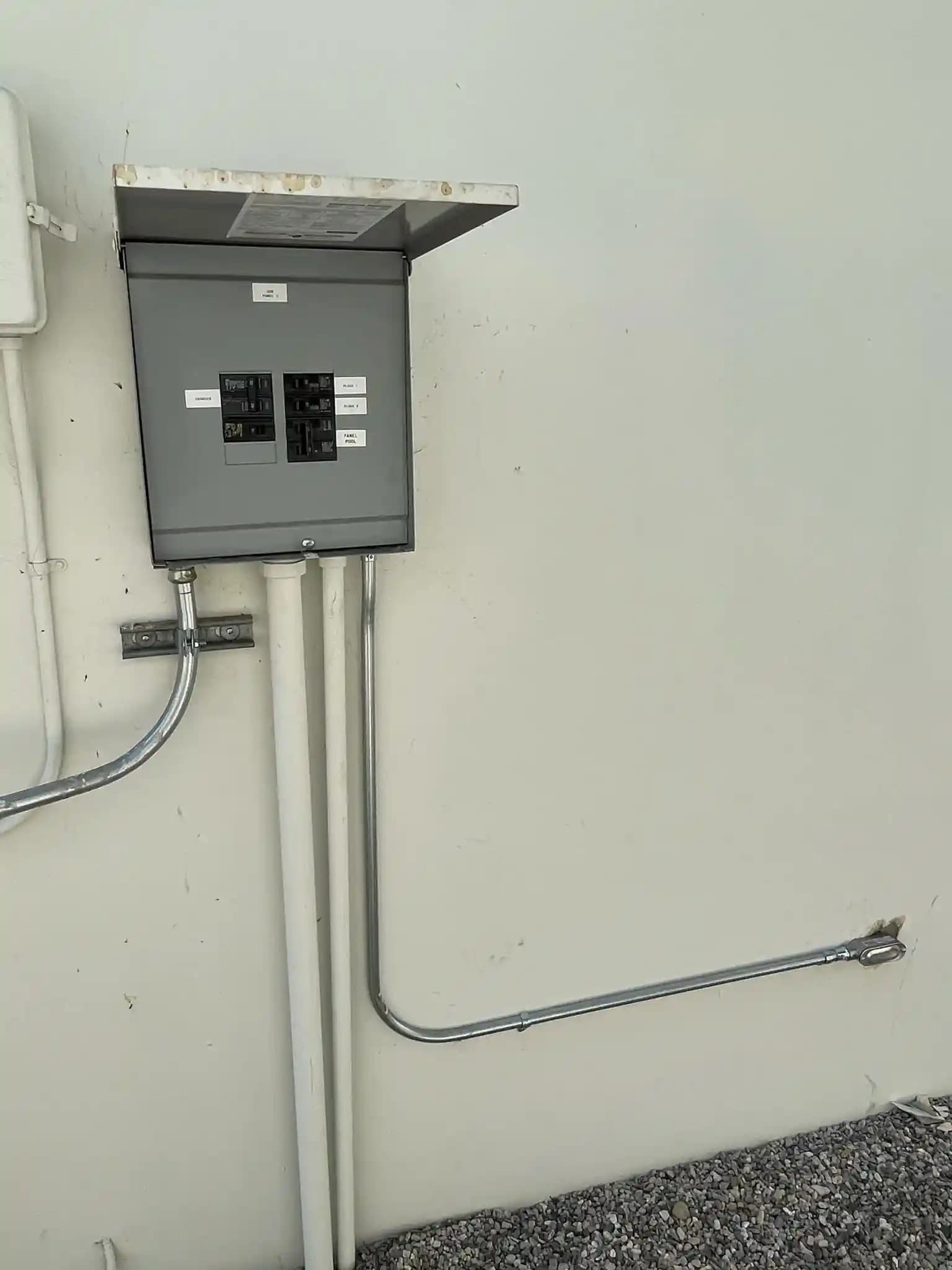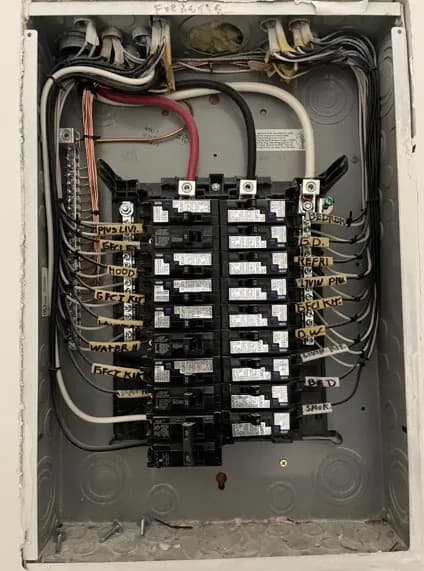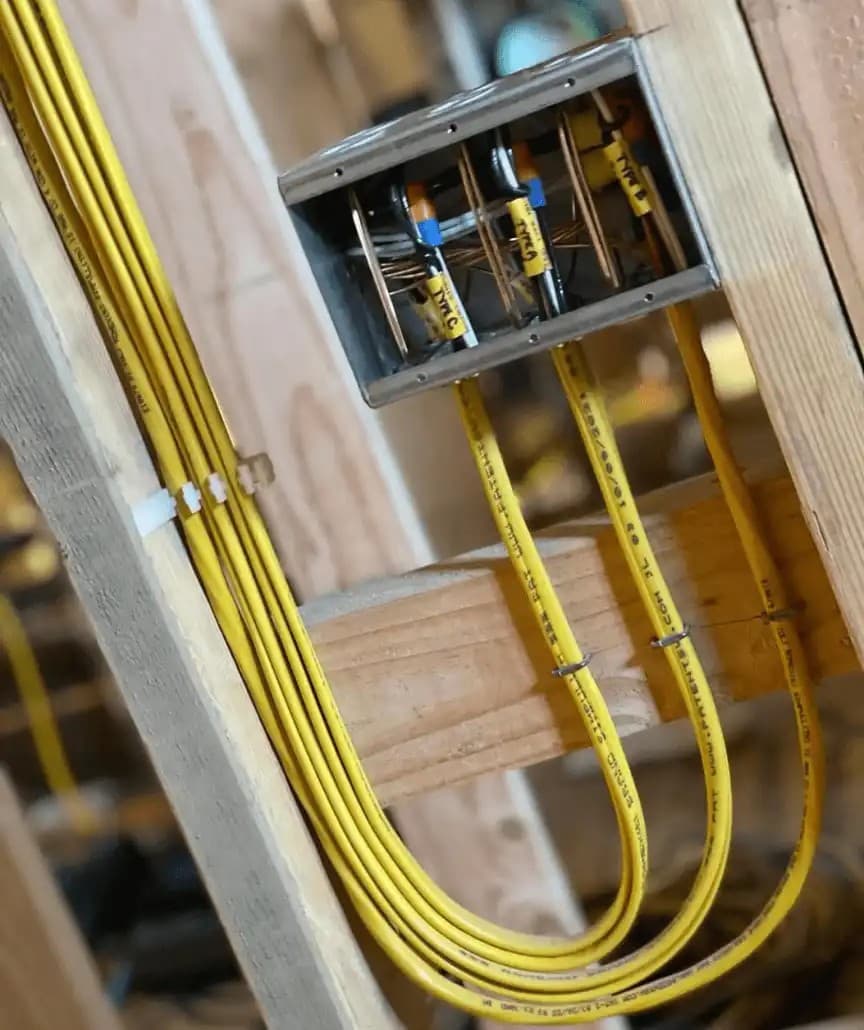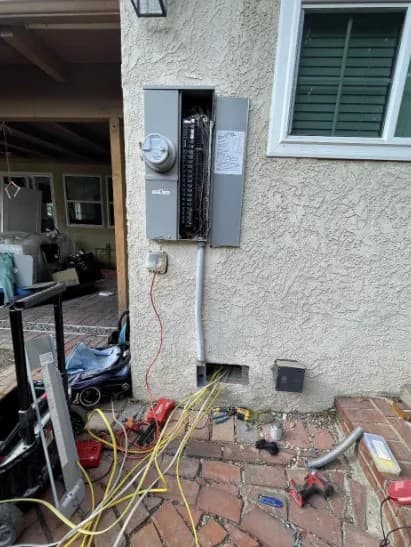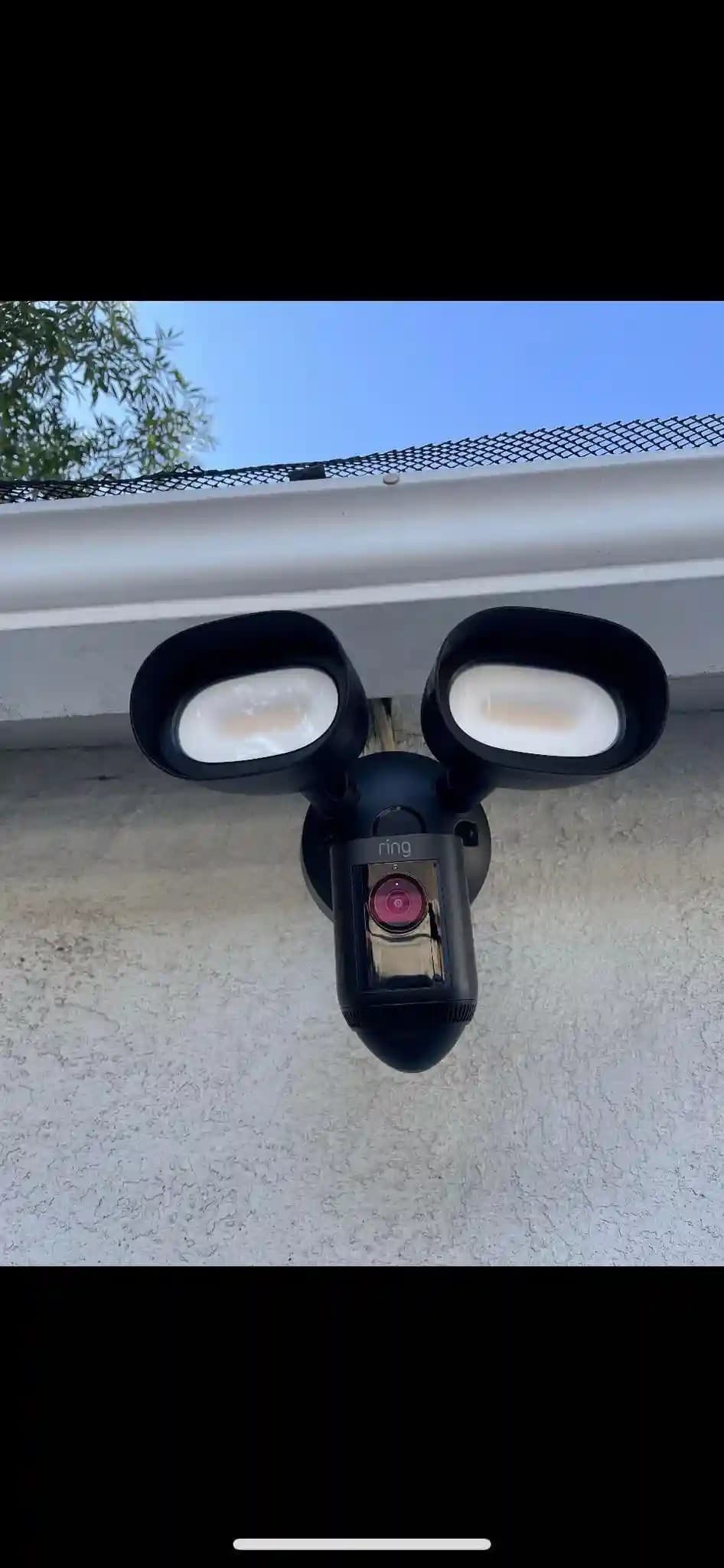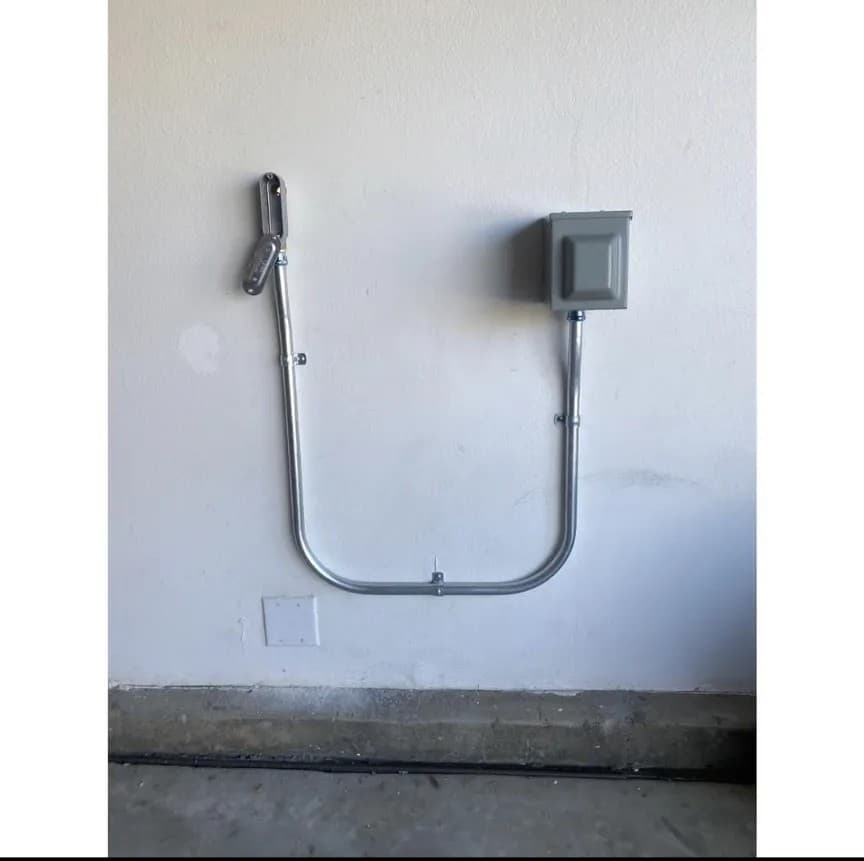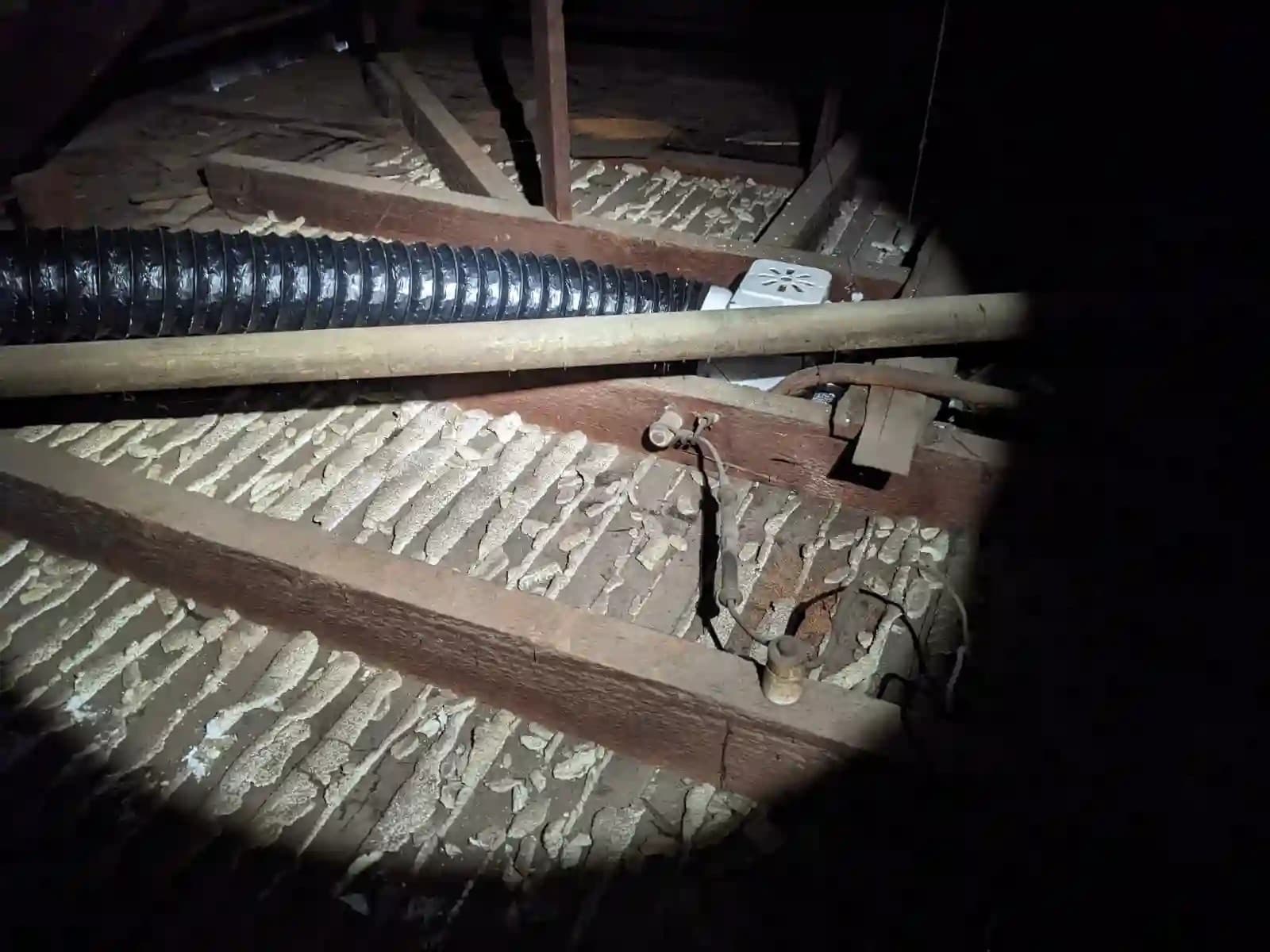How to Install a Switch and Outlet — Step-by-Step by R & R Electrician
By Cesar R.
50
35

What You'll Need
Tools: Voltage tester, Wire stripper, Screwdrivers (flat + Phillips), Drywall saw or utility knife, Tape measure or… your hand (more on that below!). Materials: Outlet (standard, GFCI, or AFCI), Switch (toggle, dimmer, smart, etc.), Electrical box, Wire nuts, Electrical tape
Safety First: A Note From the Pros
- Kill power at the breaker. No shortcuts—use a voltage tester to verify.
- Don't drill blindly. We recommend cutting a small section of drywall to inspect inside the wall before drilling. It only takes a second and could save you from puncturing a water line or live wire.
- Always leave enough slack. Leave at least 6 inches of wire inside the box to work with. A great rule of thumb? Stretch your hand from pinky to thumb—that's about 6 inches. It's the method we use on job sites every day.
Wiring Basics
Hot (Black or Red): Carries power. Neutral (White): Returns current. Ground (Green/Bare): Safety grounding.
Step-by-Step Installation
1. Prep the Box: Remove the old device if needed. Pull the wires out gently. Trim and strip about ¾ of insulation from each wire. 2. Make Your Connections: Hot wire to brass terminal, Neutral wire to silver terminal, Ground wire to green screw. If it's a switch/outlet combo, follow the wiring diagram provided with your device, or consult a licensed electrician if unsure.
Pro Tips That Matter
- Leave 6 inches of wire inside the box. Use your hand as a quick measuring tool—pinky to thumb span = just right.
- Check behind the wall before drilling. Don't assume it's clear. A flashlight and drywall knife can save you big-time.
- Label your wires if you're dealing with multiple connections, especially in older homes.
Final Steps
- Tuck wires neatly into the box.
- Screw the outlet and/or switch into place.
- Restore power and test using a plug tester or light fixture.
- If something trips or doesn't work, double-check connections before calling in help.
FAQs from DIYers
Do I need a GFCI outlet in the bathroom? Yes—by code, GFCIs are required anywhere moisture is present: bathrooms, kitchens, garages, outdoors. Can I use one box for both a switch and outlet? Yes—but you need a box rated for the combined volume. We always check capacity before beginning.
When to Call an Expert
If your project includes: Aluminum wiring, Multi-way switches, Smart home integration, Unclear labeling or burnt wires... stop and give us a call. We're happy to finish the job or just answer a question.
As licensed electricians serving Los Angeles for over 20 years, we've seen every kind of DIY mistake—and we're here to help you avoid them.

Installing a switch and outlet requires careful attention to safety and proper technique. From using your hand to measure wire slack to checking behind walls before drilling, these field-tested tips will help ensure a successful installation. Remember, when in doubt, consult with licensed professionals who can guide you through complex installations safely.

